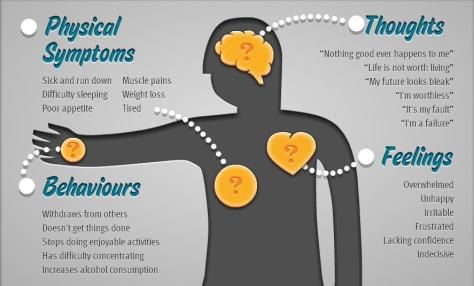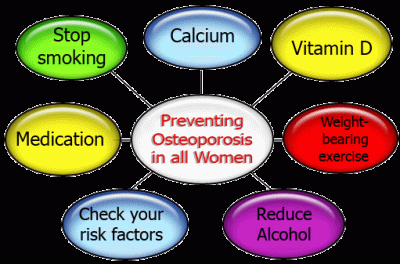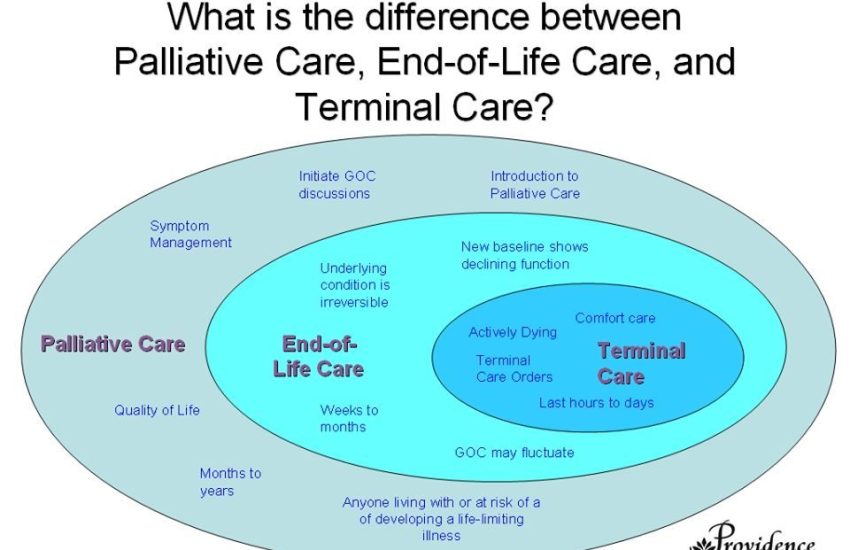Depression: Recognizing Symptoms and Seeking Help
Depression is a mental health condition that affects millions of people worldwide. It can have a significant impact on an individual’s daily life, relationships, and overall well-being. Recognizing the symptoms of depression and seeking appropriate help is crucial in managing this condition effectively. This article aims to provide an overview of common depression symptoms and highlight the importance of seeking professional assistance.
Understanding Depression
Depression, also known as major depressive disorder, is characterized by persistent feelings of sadness, hopelessness, and a loss of interest or pleasure in activities. It is more than just feeling down or having a bad day; depression lasts for an extended period, often interfering with the person’s ability to function normally. It can affect anyone, regardless of age, gender, or social background.
Depression is caused by a complex combination of genetic, biological, environmental, and psychological factors. It is essential to understand that depression is not a sign of weakness or a character flaw; it is a medical condition that requires proper diagnosis and treatment.
Recognizing Symptoms
Recognizing the symptoms of depression is crucial in seeking help and support. While everyone’s experience with depression may vary, common symptoms include:
Persistent feelings of sadness, emptiness, or hopelessness
Loss of interest or pleasure in activities once enjoyed
Changes in appetite and weight
Difficulty sleeping or excessive sleeping
Lack of energy or increased fatigue
Feelings of worthlessness or guilt
Trouble concentrating, making decisions, or remembering
Restlessness or irritability
Recurrent thoughts of death or suicide
If you or someone you know is experiencing several of these symptoms persistently for more than two weeks, it is essential to seek professional help.
Seeking Professional Assistance
Seeking professional assistance is crucial in managing depression effectively. A healthcare professional, such as a doctor or psychiatrist, can provide an accurate diagnosis and recommend appropriate treatment options based on individual needs.
Here are some steps to consider when seeking help:
Reach out to a trusted healthcare professional, such as your family doctor or a mental health specialist.
Describe your symptoms and concerns honestly and openly.
Answer any questions the healthcare professional may have regarding your mental health history, family history, or other relevant factors.
Work with the healthcare professional to develop a personalized treatment plan, which may include therapy, medication, lifestyle changes, and support resources.
Follow the recommended treatment plan consistently and attend all follow-up appointments.
Don’t hesitate to reach out for support from family, friends, or support groups along the way.
Remember that seeking help is a sign of strength. It takes courage to acknowledge and address mental health difficulties, and professional assistance can provide the necessary support and guidance on the path to recovery.
Supporting Loved Ones
If you suspect that someone you care about is experiencing depression, it is important to offer support and encourage them to seek help. Here are some ways to help someone struggling with depression:
Listen to them attentively and without judgment.
Encourage them to talk openly about their feelings and concerns.
Recommend professional assistance and offer to help them find a suitable healthcare professional.
Provide emotional support and let them know that they are not alone.
Suggest engaging in activities together that promote well-being, such as exercise, hobbies, or seeking new experiences.
Reassure them that seeking help is a positive step and that they deserve to feel better.
Conclusion
Depression can be a difficult journey, but recognizing the symptoms and seeking professional help is the first step towards recovery. It is important to understand that depression is a treatable condition, and with the right support and treatment, individuals can regain control of their lives and find hope and happiness once again. If you or someone you know is struggling with depression, remember that seeking help is essential and reaching out can make a meaningful difference.
Written by: Your Name


